私の好みのこの画面に戻すために、色々やってみた。
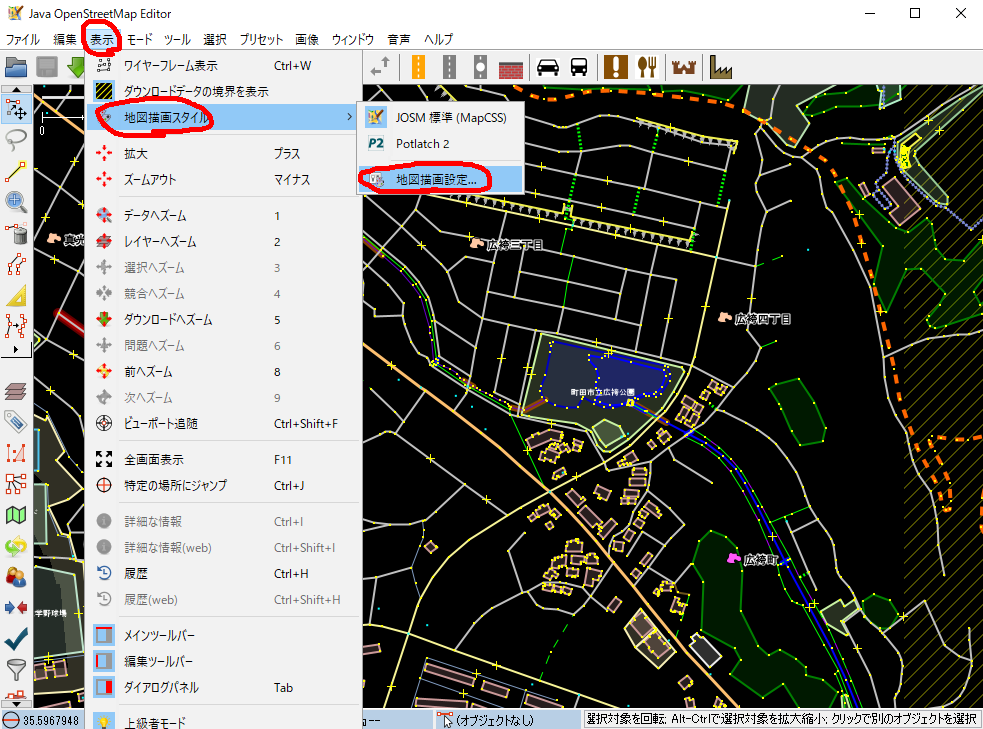
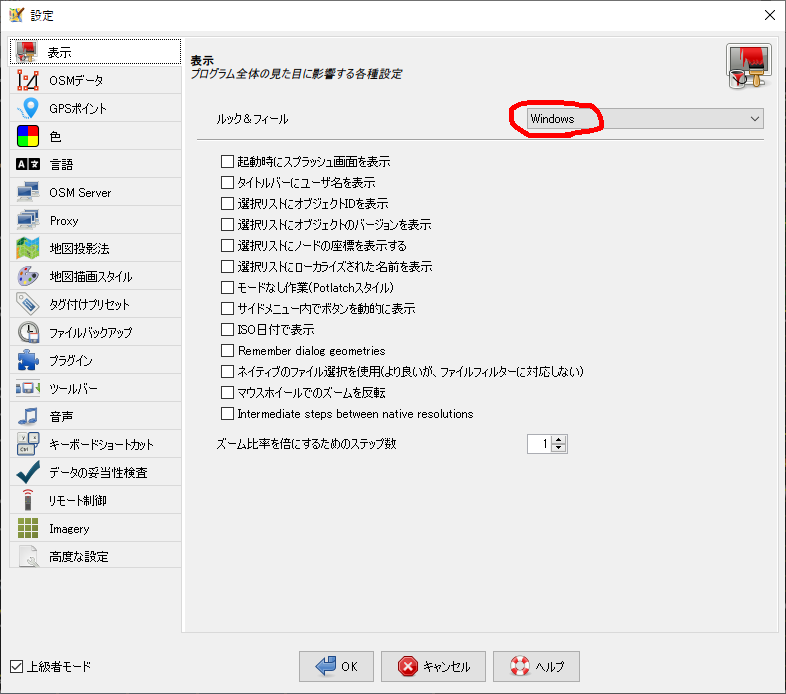
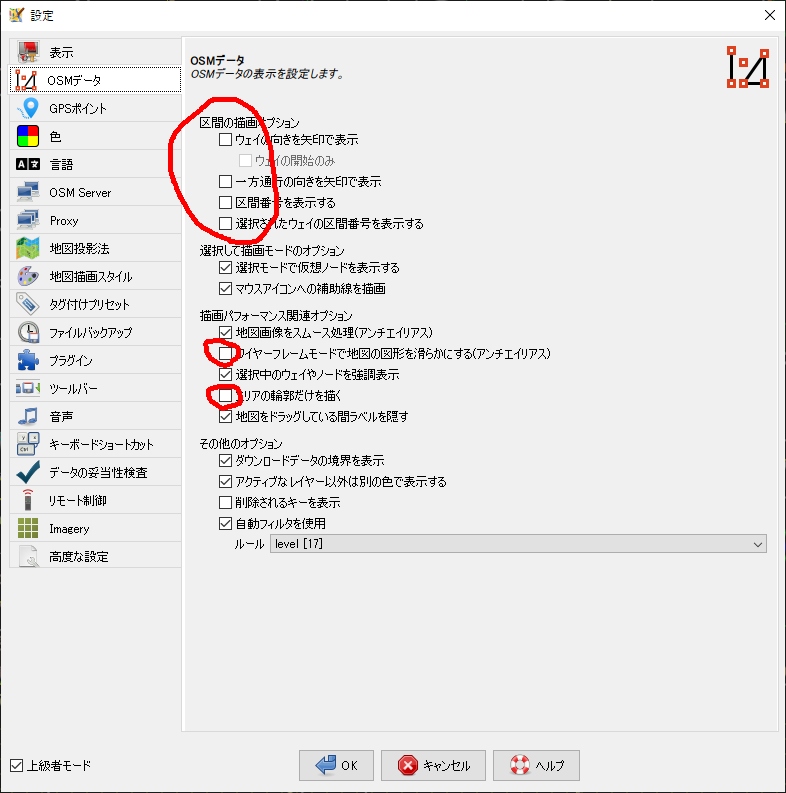
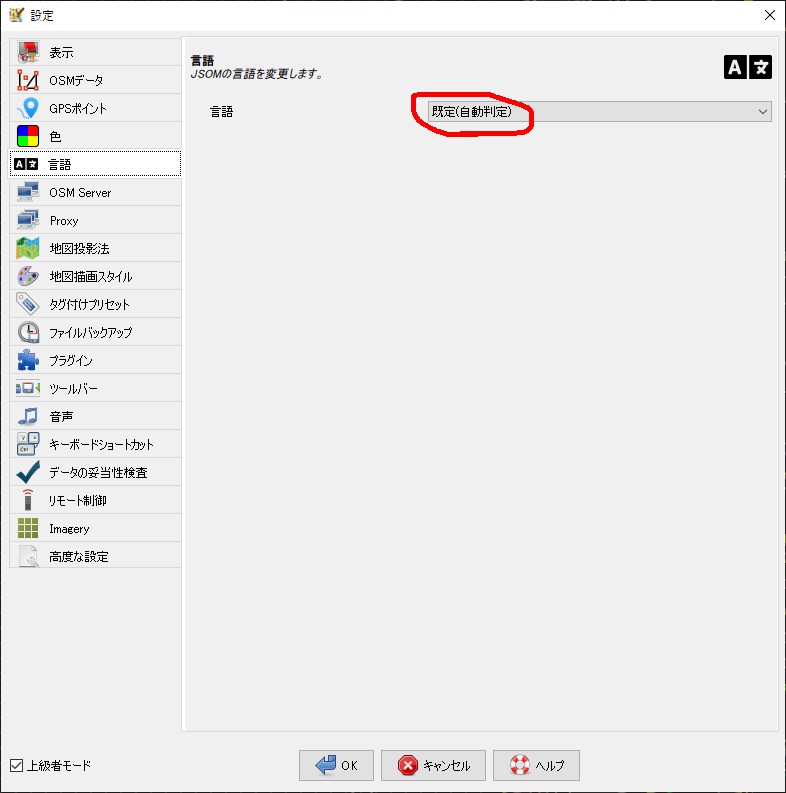
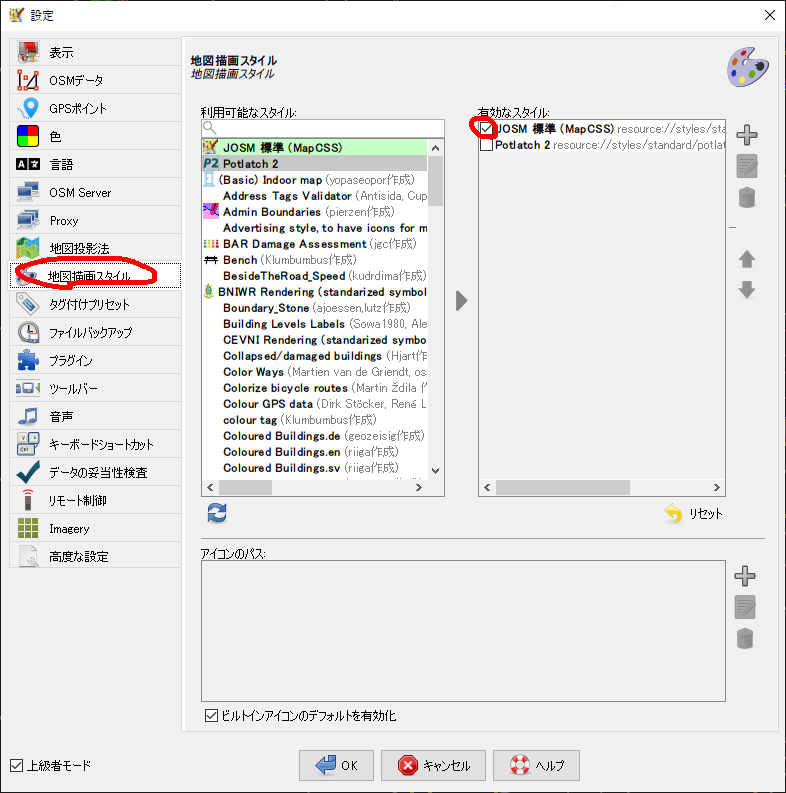
江端智一のホームページ
私の好みのこの画面に戻すために、色々やってみた。





私は、いじれらキャラ ―― という訳ではないので、多分、あれも「いじめ」の一態様だったと思うのです。
I was not play a "funny character", so I think that it was probably a type of "bullying".
私は、自他共に認める運動音痴ですが、運動の大会ではいろいろな「いじめ」を受けました。
I am a self-confessed athletic whiz, so I was subjected to various "bullies" at athletic competitions.
■球技大会でソフトボールのピッチャー
- Softball pitcher at a ball game
→ 私は、球技全般が嫌いで、チームプレイが嫌いで、ベースボールは憎悪のレベル
-> I don't like ball game, and team play in general, and baseball is a level of harted.
■水泳大会での背泳ぎ50メートル選手
- 50-meter backstroke swimmer at a swimming meet
→ その時、私は、背泳ぎ5メートルのレコード保持者
-> At that time, I was 5-meter backstroke recode holder.
■100メートル障害物競争の選手
- 100-meter steeplechase athletes
→ その時点で、私は、走り高飛び110cmのレコード保持者
-> At that time, I was 110 cm high jump recode holder.
-----
もちろん、「勝つ」などと言う気持は1mmもなかったし、そもそも、全ての大会に「雨天祈願」をしていたくらいです。
Of course, I had no intention to "win" that game, I ever prayed for rain at all the competitions.
しかし、神様が、『運動音痴の人間』に、本当に無慈悲であることは、経験的に分かっていたので、夏休みとか早朝に訓練していた訳ですよ。
However, I knew well that gods are ruthlessness against athletic whiz, so I had to train swimming and jumping during summer holiday and early morning.
狙いは、
My aim was
―― 最下位であったとしても、無様でないような負け方をするため
"How to fade me, even if I was at the bottom of the list"
です。
正直に言いますけどね、本当に『みじめ』でしたよ。
To be honest, I thought that I was "miserable" really.
-----
私は、これまで一度も『全員のテストの採点付き答案用紙を、壁に張り出せ』などと主張したこともないし、そんなことをしたら人権問題になるのは自明です。
I have never claimed that "School should open all student's graded answer sheets on the wall". Above all, that becomes "human rights issue" absolutely.
そして、全ての体育大会は、『そのプライバシー侵害を、公開で行うことだ』と、これまで何度も言い続けてきましたが、世間が取りあってくれる方向にはなっていないようです。
In comparison, I have been claiming that all athletic competitions is an "invasion of privacy in public". However this opinion seems not be accepted in public.
私は、娘が「マラソン大会をサボる」と言えば、その場で、進んで『娘を重篤な病気』にして、学校に欠席の連絡をしたものです。
Whenever my daughter declared to "skip the marathon competition", I called her school to tell her absence because of "serious disease"
『全員参加の下品なプライバシー暴露大会など、出席する必要はない。プライバシー暴露大会なら、希望者のみの出席とするのが当然』が、私のポリシーであり ―― なにより、
It is my policy that "She doesn't have to attend "vulgar invasion of her privacy in public". It will be enough to be held by only the applicants", and above all,
娘を守るのが、保護者の仕事です。
"Saving my daughter is my mission, as a guardian"
-----
ところで、マラソンの最後の走者に「拍手」をする、という、「強烈な集団いじめ」は、まだ我が国では、続いているのでしょうか。
By the way, does the vulgar custom , that is "intense group bullying" to clap for the last runner of the marathon race, continue now?
その当時、この国の、愚劣な教師と、空気の読めない生徒は、
When I was a child, stupid teachers and students could not
『最後の走者のことを"忘れたふり"する』
"Pretend to forget the last runner with miserable athletic whiz"
という程度の配慮も示せない、バカばかりでした。
-----
―― こんな世界、消えればいい
"I hope this world disappears"
と、思う子供が、"いた"、そして、"いる"のです。
There were one child who felt that, and there are children feel that even now.
少なくとも、野球、サッカーなど『見たくもない』という人間を、この世に1人作り出したのことは、間違いありません。
At least, it is absolute that you have created one person in this world who does not even want to watch baseball or soccer.
「(妊娠)中絶は女性の権利」というアメリカ合衆国最高裁の判断が、49年ぶりに覆った ―― というニュースに、かなりショックを受けています。
I am quite shocked to hear that the judge of the U.S. Supreme Court has overturned the decision of "(pregnancy) abortion is a women's right"
2年間だけですが、米国に赴任した経験から言うと、『あの国の国民、下手すると日本より保守的な国民性』ということを知っています。
Speaking from my experience of two years work in the U.S. I know well "the people of the U.S. nation are more conservative than that of Japan".
その時に、「NHKラジオ英会話」に登場する、民主党で、リベラルで、インテリで、ロジカルな米国民というのが、『かなりの幻想である』、ということを思い知りました。
While the days, I had known that "the nation in the country is liberal, intelligent and logical like the Democratic party" is just our illusion.
ただ、これまで散々言ってきたように、『ニュースの見出しに騙される』ことがありますので、ちゃんと調べてから、再度、記載したいと思います。
However I often said that "Don't believe the news headline easily", so I will research the news and descript about them again.
-----
コラムニストの小田嶋隆さんが、ご逝去されました。享年65歳でした。
Yesterday, Mr. Odajima Takashi passed away. He was 65 years old.
江端の理系的思考のベースが、故小松左京先生の著作すれば、江端の批判的思考のベースが、故小田嶋隆さんの著作でした。
My base-knowledge of scientific thought was the books of Komatsu Sakyo-sensei. On the other hand my base-knowledge of criticism thought was those of Mr. Odajima Takashi.
-----
Now I booked the book, whose title is "Walking with looking up and drinking" at the city library.
『その意味で、いまも私は〝断酒中のアルコール依存者"です。この状態は、坂道でボールが止まっているみたいなもの、だと言われています』
From the viewpoint, I am also an "alcoholics" even just I stopped drinking". It is said that this situation is like stop a ball on the slope.
という言葉が、今、本当に怖いと感じます。
I really scare the above phrase that he had left.
今、Amazon Primeで、「地獄の花園」という映画が公開されています。
Now, the movie whose title is "The Garden of Hell" has been released on Amazon Prime.
賛否は分かれるでしょうが、私は『素晴しい』と思いました。
Though someone don't like it, I think, it is amazing.
この映画は、ロンドンからの帰りの便の中での、実写版の「るろう剣心」を見たとき以来の衝撃です。
The movie gave me a shock, like as when I watched the movie of Live-action version of "Rurou Kenshin" on the plane from London.
-----
日本の女優の戦闘アクションというのは、ハリウッドのアクションスター(例えば、Mr.&Mrs.スミスのアンジェリーナ・ジョリー)などと比べると、どうしても見劣りがする、と思ってきました。
I was afraid that the battle actions scene by Japanese actress seems to be inferior to that of Hollywood movie, for example, Ms. Angelina Jolie in the movie of "Mr.& Mrs. Smith"
しかし、この「地獄の花園」は、主人公だけでなく、それを支える役者陣、そしてエキストラに至るまで、実に素晴しいアクションを展開されています。
However, in the movie of "The Garden of Hell, Not only the main character, but also the supporting actors and extras plays amazing action battle.
撮影に臨まれた全ての出演者に、スタンディングオベーションしたい程の、素晴しいアクションでした。
According the action scene, I want give all performers my standing ovation.
一体、どれほどの訓練と練習をされてきたのだろうか、と思うと、本当に頭の下がる思いがします。
I cannot image how much they trained and practiced for this movie. They are beyond my imagination.
-----
いや、実は、この映画、予告編を見た時から、私の心の中で、『これは、個人的に当たりだ』と直感していたのですが ―― この映画を、銀幕で見なかったことを、今、心の底から後悔しています。
To tell the truth, I watched the trailer of this movie in the movie theater, and I felt "it must be on my mark". So I fully regretted not have gone to watch the movie.
ただ、万人に受ける映画かなぁ、という点には、かなり疑義はあります。
However, I doubt if the movie is popular for many people.
頭をカラッポにして笑える、ストーリーのナンセンスさも、ギャグも、私には満点です。
For me, I can forget daily annoying about the gag and nonsense. It is perfect.
『OL道』という、言葉もいいし、OL役で出演されている男優の皆さんの演技もいい。
I like a term of "Master OL" and the actors who play OL workers are also good.
うん、もう一回見よう。
Let me try to watch it again.
最近、(1)自宅勤務(リモートワーク)をベースとする会社と、(2)従前の出社形態に戻す会社との、2つの大きな流れができているのを感じています。
Recently, I feel the two big streams of (1)telecommunicating based on remote-working, (2)Previous work style before Corona disease.
リモートワークは、通勤時間や、拠点移動の時間の驚異的な節約ができる、という点で優れています。
Remote-working is excellent to realizes the amazing shortage time of commute and moving offices.
私自身は、最近、Teamsを使い倒している(させられている)ことで、リモートワーキングの威力を実感しています。
I, myself realize the power of remote-working, using (or bein used) Microsoft Teams.
しかし、飲食・接客・小売は言うに及ばず、IT以外の製造業は、現場でモノを扱わなければならないので、リモートなんかできるわけありません。
On the other hand, for food, hospitality and retail, needless to say, for production except for IT, they cannot do remote-working.
このように、各会社には、各会社の業務形態と事情がありますので、これは自然な流れだと思います。
Thus, each company has each work-form and background, so, it is natural.
-----
私が心配しているのは、
What I am concern, is
(1)リモートワークが可能なのに、スキル不足でリモートワークを十分に実施できていない会社があるかもしれない、
(1)There might be companies, that cannot use remote-working well because of luck of IT skills
(2)新人教育が難しいかもしれない
(2)Training newcomers may be difficult for some companies.
ということです。
上記の(1)については、今更なのでスキップしますが、(2)については、正直、よく分からないです。
According to the above (1), it has been picked up before, so I skip it, however, I don't know about the (2).
SNSとかを使い倒している若い世代は、それだけで、教育を受ける側として、すでに、アドバンテージがあるんじゃないかなーとも思っています。
I think that the younger generation that can use SNS easily, has a big advantage as education recipients.
そこから導かれる仮説は、
The hypothesis from the above, is
―― 『新人教育が難しいかもしれない』と思っているのは、指導員だけ
It is a mentor who thins "training newcomers may be difficult"
じゃないのかな、とか疑っています。
I think that.
一方、「最近、新人の離職率が高い」という話も聞いており、新人側の問題かもしれません。
On the other hand, I heard that "the turnover rate of newcomers is high these day", so it might be a problem of newcomers.
-----
今日、週1回の出社日だったので、帰宅時に、駅前の中華料理屋で、五目焼きそばを食べてきました。
Today was a office work day once a week, so I had gomoku yakisoba noodles at a Chinese restaurant in front of the station.
目が眩むほど美味しかったです。
It was amazing.
餃子の王将や日高屋などに、安易に入店せず、きちんと前準備して店を選ぶべきだ、と実感しました。
I realize that I don't have to choose "Gyouza no Ousho" and "Hidakaya" easily, and I have to research some restaurant before.
-----
その中華料理屋に、20人くらいの若い社会人が集って、もの凄い喧騒をくり広げていて、驚きました。
I was surprised that more then twenty young workers gathered and made a tremendous bustle in the Chinese restaurant.
その、あまりもの、喧しさに、
The bustling reminded me the haiku line,
―― 閑さや岩にしみ入る蝉の声
"The sound of cicadas soaking into the quietness and rock"
を、中華料理屋の中で実感するという、レアな体験ができました。
in the Chinese restaurant. That was a rare experience.
「新人側の問題」という仮説を補強するリアルだったなぁ、と実感しています。
I realize that this was realistic and reinforces the hypothesis that "the problem is on the newcomer's side."
私が2002年あたりに作成したメモが、今も研究所の新人に読まれ続けているらしい ―― という話を、昨日、くだんの「無礼な後輩」から聞きました。
I heard the story from the "rude young colleague " that "the my memorandums I wrote in 2002 are read by the newcomers of our laboratory.
- Company H's S Research Institute Training of Newcomers: Background manual, "Preparation of Meeting Minutes"
- Company H, S Research Institute, Training of Newcomers: Background manual, "Preparation of Monthly Report"
----
当時も今も、私は、人材の育成に興味がありません。
Then and now, I have not been interested human resource educations.
新人教育は「できるだけ手を抜きたい」という思いで、このメモを残しましたので、少々後ろめたい気持ちもあります。
I remained these memorandums, with my hope to skip the efforts for newcomer educations as possible as I can. So, I feel a little guilty.
それに、私のような指導員では、新人に妙な「洗脳」をしてしまう可能性もあると思っています。
In addition, there is also possible of strange "brainwashing" to the newcomers by an instructor like me.
前途ある若者に、そのような仕打ちをすべきでないと思っています ―― かなり本気で。
I should not do such that to such young people who have a bright future, quite seriously.
私、今日から
Today, I am a
『デジタル人財認定<データサイエンティスト>(ハイレベル)』
"Digital Human Resource Certification (Data Scientist) (High Level)"
になりました。
本日付けで、会社が認めてくれました。
As of today, the company has approved it.
-----
じゃあ、今までの私は何だったのだ? ――
"Then, what was I doing before?"
と、野暮なことをツッコまないのが、社会人です。
The adult member of society does not "ask such a nonsense".
最近、「いじめを受けてきた」と独白する芸能人の話を見たり、聞いたりします。
Recently, I have seen and heard stories of celebrities who monologued that they had been bullied.
まるで芸能人は、全員「いじめ」を受けてきたかのような錯覚を起こすほどです。
It is almost as if all celebrities has been bullied.
なんだか、「いじめを受けること」が、メディアに露出する芸能人になるための必要条件のようにすら思えてきます。
It seems that "being bullied" is even a prerequisites to become a media-exposed celebrity.
-----
私は、「いじめをしてきた」と独白する芸能人の話を聞きたいです。
I rather to want to see or hear the celebrities story of their bullying.
まあ、多分、そんな人は出てこないだろうな、と思っていますが。
Well I don't expect to meet a person like that.
『イメージ毀損』うんうん以前に、そもそも「いじめ」には加害意識は存在しないからです。
Before "image damage", there is no sense of perpetration about "bullying".
人間は、『自分がいじめの加害者であった』という認定ができません。
We cannot accept that we have been bullying others.
たとえ、客観的な事実を突き付けられても、それを「いじめ」であったと認めることはできません。
Even if we are faced the fact, we cannot recognize that it was bullying.
「いじめ」を認定し、確定することができるのは「いじめ」を受けた人間だけです。
It is only a "bullied person" who can identify and determine the bullying.
ただ、「いじめ」を受けている人間にとって、その認定や確定は、とても難しく、そして、とても怖いことです。
However, for the "bullied person", the identification and determination are very hard and scared despairingly.
だから、「いじめ」を受けている人間に、安易に「戦え」などと言える訳がないです。
So I cannot easily tell the "bullied person" to fight your enemies.
-----
ただ、芸能人であるなら、「いじめを受けてきた」と独白するだけでなく ――
However, if you are celebrity, I think it is not enough to monologue "I was bullied".
そこに「私は、こう戦ってきた」というソリューションを語るくらいの、オリジナリティを見せて欲しいなぁ、と思うのですよ。
I hope to hear their originality story to tell their own solution of "how to fight the bullying".
-----
私なら、『今でも報復を諦めていない』くらいのことは言うと思う。
I would say something like, 'I still haven't given up on revenge'.
やられたら、やりかえす。当然です。
"When I get hit, I hit back", is natural.
実際に、私は、諦めていません。
In fact, I have not given up.
嫁さんに教えてもらった、酢のドリンクが、とても美味しいです。
"Fruit vinegar drinks" are delicious, which my wife taught me.
美酢とかいて「ミチョ」と呼ぶそうです。
They are called "micho".
私、以前から、りんご酢の水割りを飲んでいたのですが、嫌いではないのですが、あまり続きませんでした。
For a long time, I have been drinking apple vinegar with water. I like it, however, I didn't continue to drink.
やはり、酢は、水で割っても酢ですから。
After all, vinegar is vinegar even adding water.
-----
私も、以前は飲兵衛でしたので、アルコールが食事に合うのは、よく知っています。
Previously I was a heavy drinker, so I know alcohol drink is good much for dishes.
しかし、酢のドリンクも、なかなか食事に合うのです。
However, vinegar drinks also fit dishes.
こってりした食べ物、例えば、ラーメン、唐揚げ、天麩羅などには、良く合うような気がします。
It seems to go well with foods, such as ramen, fried chickens and tempura.
最近は、ノンアルコールビールの日々だったのですが、この美酢を飲みだしてからは、ノンアルコールビールはすっかり抑えられてきております。
These day, I drink non-alcohol beer, however, I have not drunk them since drinking "micho".
-----
これまで、私は、ビールテイスト商品の製品開発をお願いしてきましたが、ここは、一つ、食事とともに飲む、酢をベースとした、新しい飲み物を開発して欲しいと思います。
I have been asking developing beer-taste drinks, however, I also ask a new-type drink based on vinegar to be consumed with meals.
最近、自宅の天井に設置した鉄棒を使っての懸垂を、一日2セット行うようにしているのですが ――

Recently I am doing two sets of pull-ups a day with iron bar, installed on the celling.
憂鬱な仕事開始時、特に休日明けの朝など、懸垂の後、気分が少しだけ"ハイ"になっているのを感じます。
At depressing starts of work, especially after the morning after holidays, I could feel that my tension become "high"
「運動(筋トレ等)による、ウツ状態からの脱却」は、良く言われていることですが、
I often heard some stories about the escape from depressing feeling by exercises, so I think that
―― 人間の体って、案外、単純にできているものかもしれないなぁ
"Human body might be simple beyond my imaginations"
と、思ったりしています。
『お前(江端)のメカニズムが単純なだけだ』と言われたら、反論はできないのですが。
If you say that "It is just your (Ebata's ) body that is composed simply", I can not argue with you.